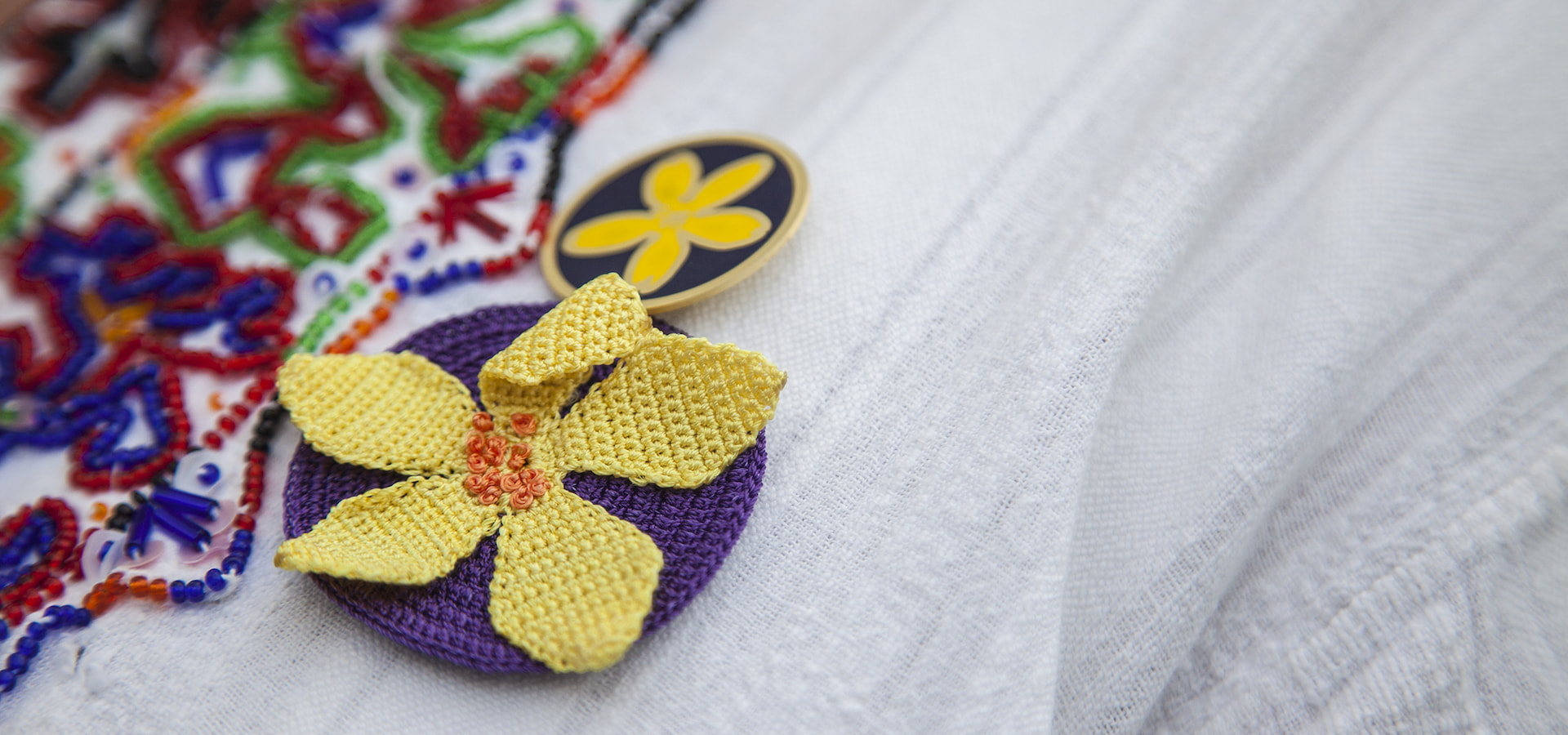
Newfound support for wartime sexual violence survivors
‘Be My Voice’ aims for a comprehensive discussion for sexual violence survivors.
|20.06.2018
|
“When the state recognizes their status, it is easier for them to convey their voice to their families and for them to feel different because the guilt is being attributed to someone else, not the victims themselves.”
Feride Rushiti, KRCT
Dafina Halili
Dafina Halili is a senior journalist at K2.0, covering mainly human rights and social justice issues. Dafina has a master’s degree in diversity and the media from the University of Westminster in London, U.K..
This story was originally written in Albanian.